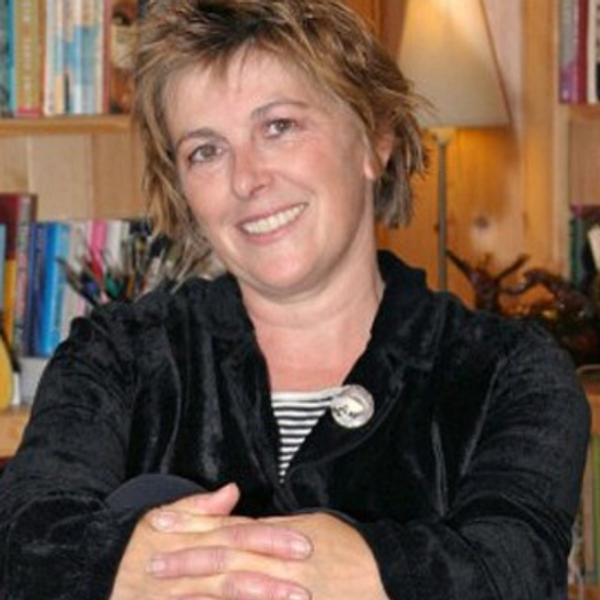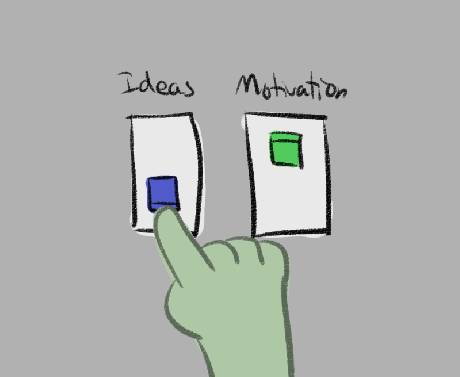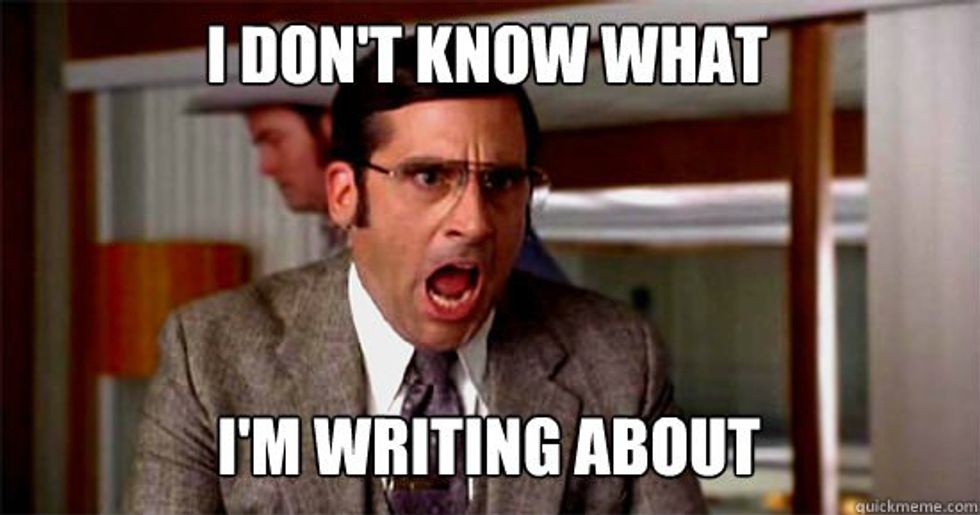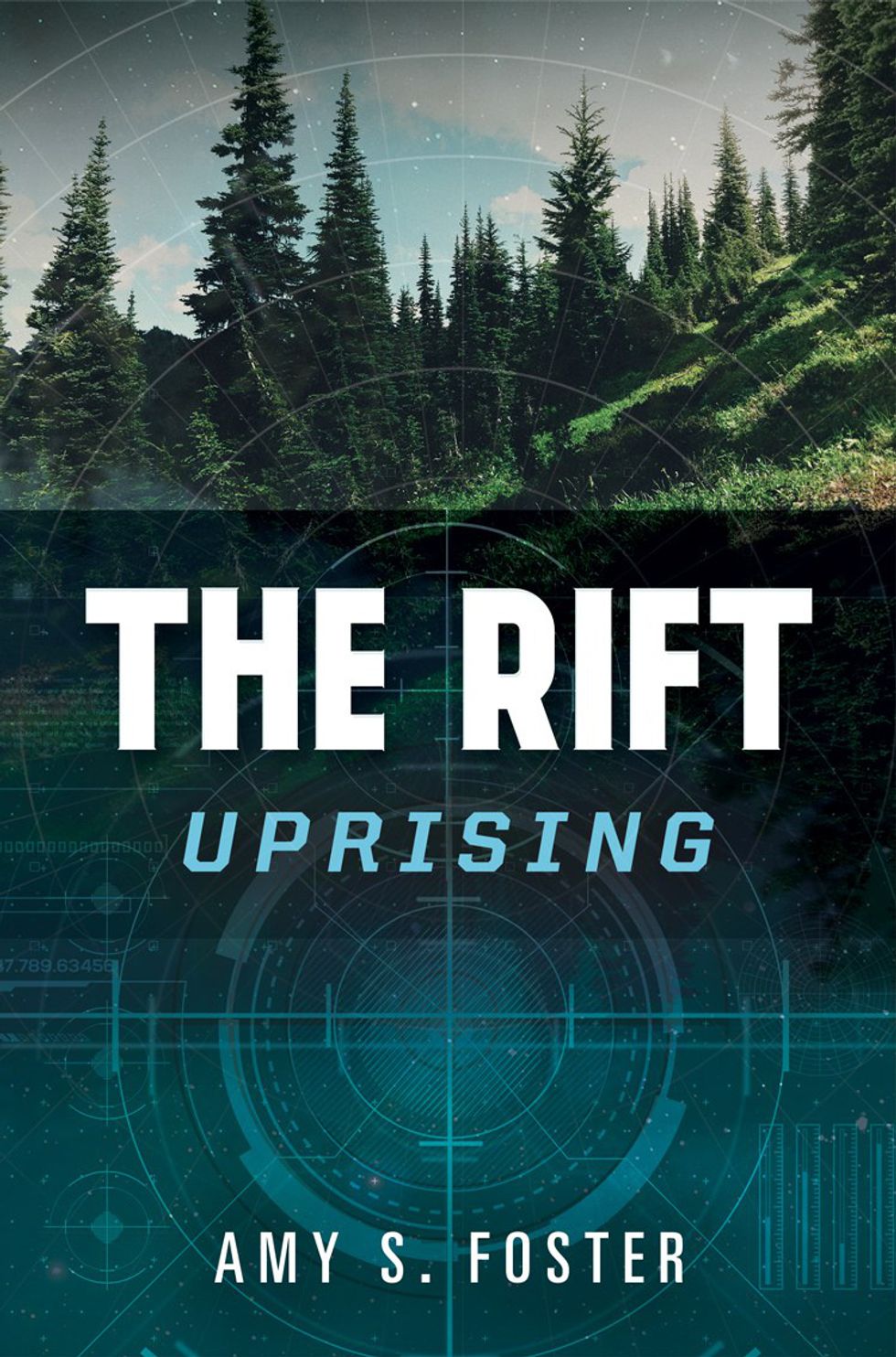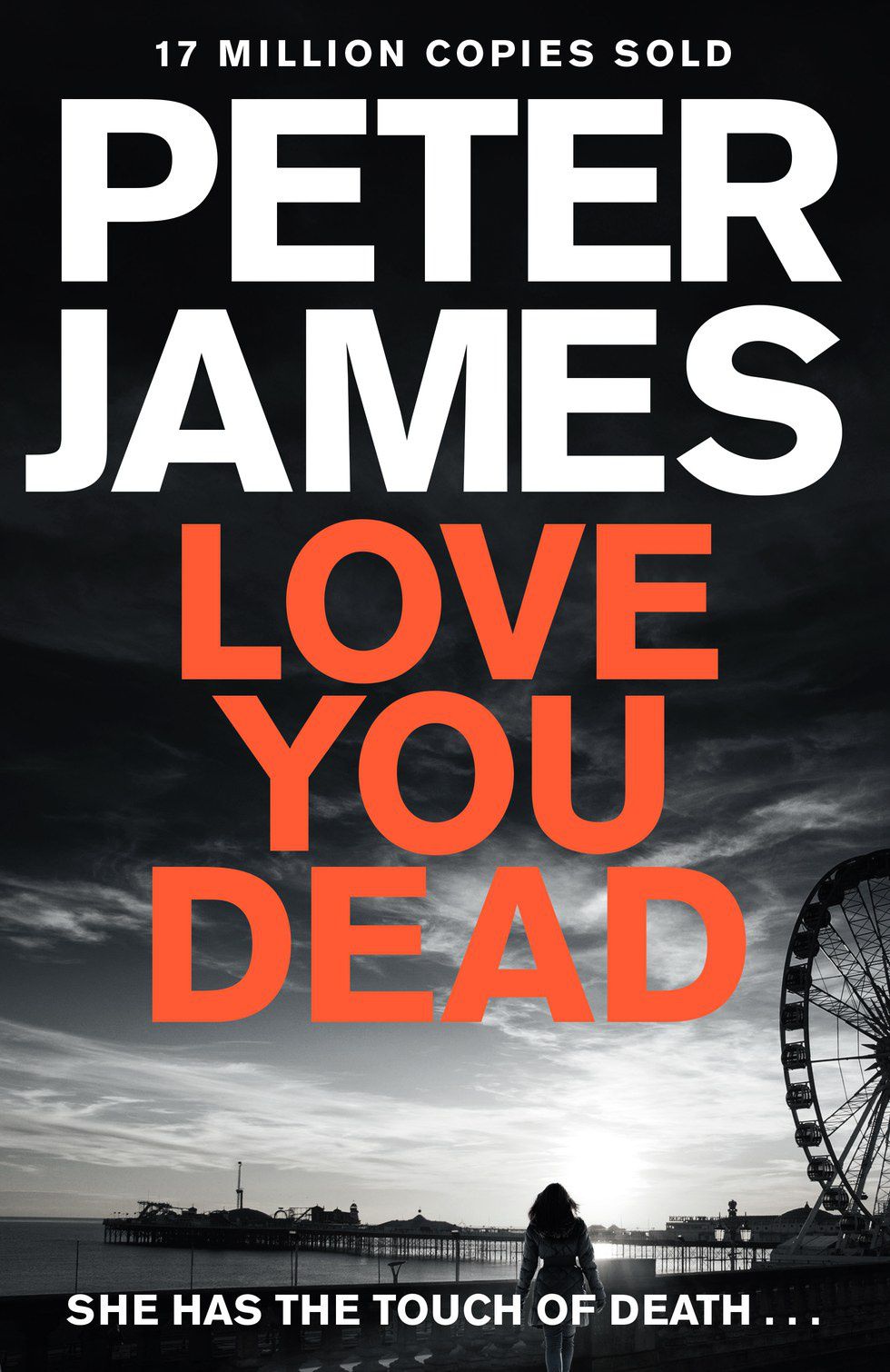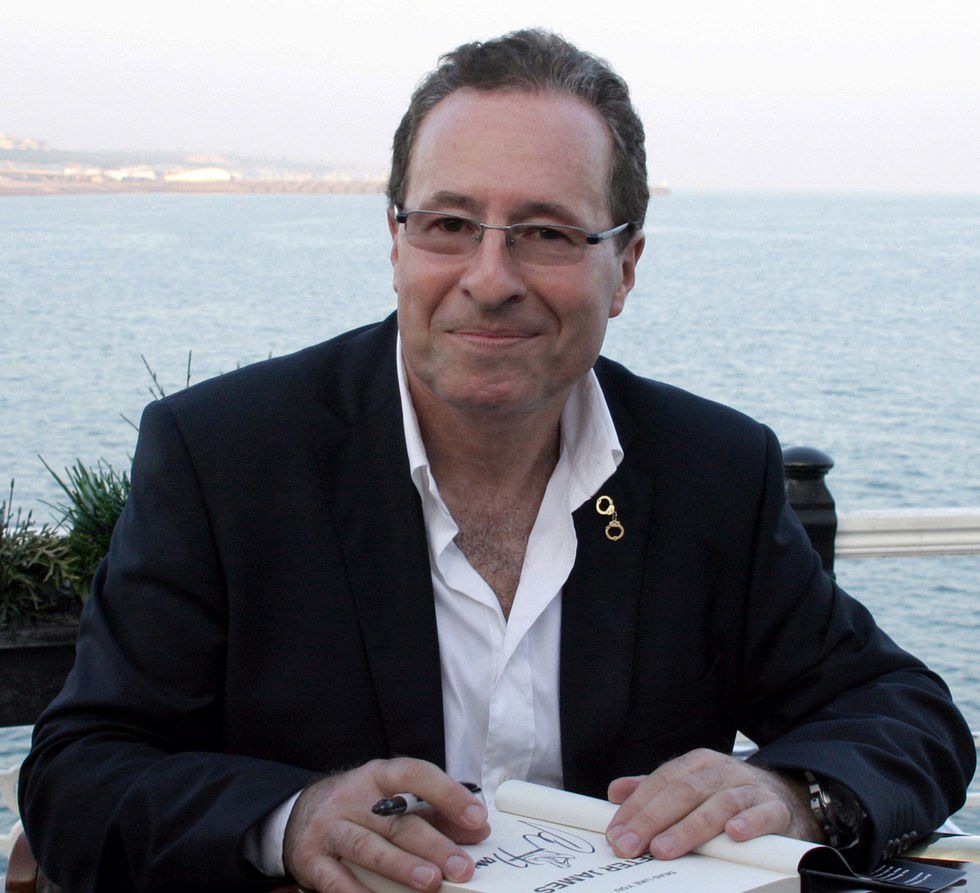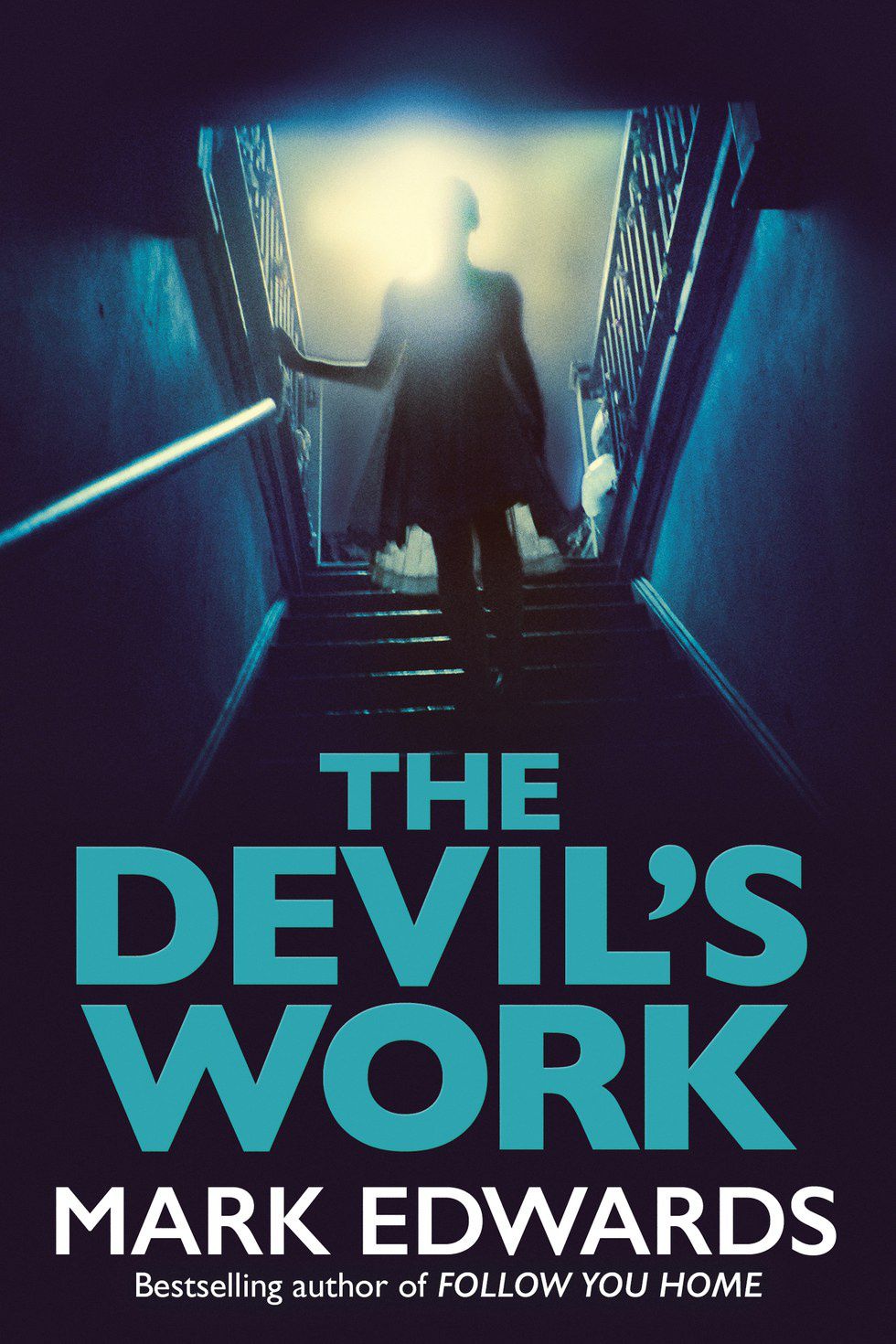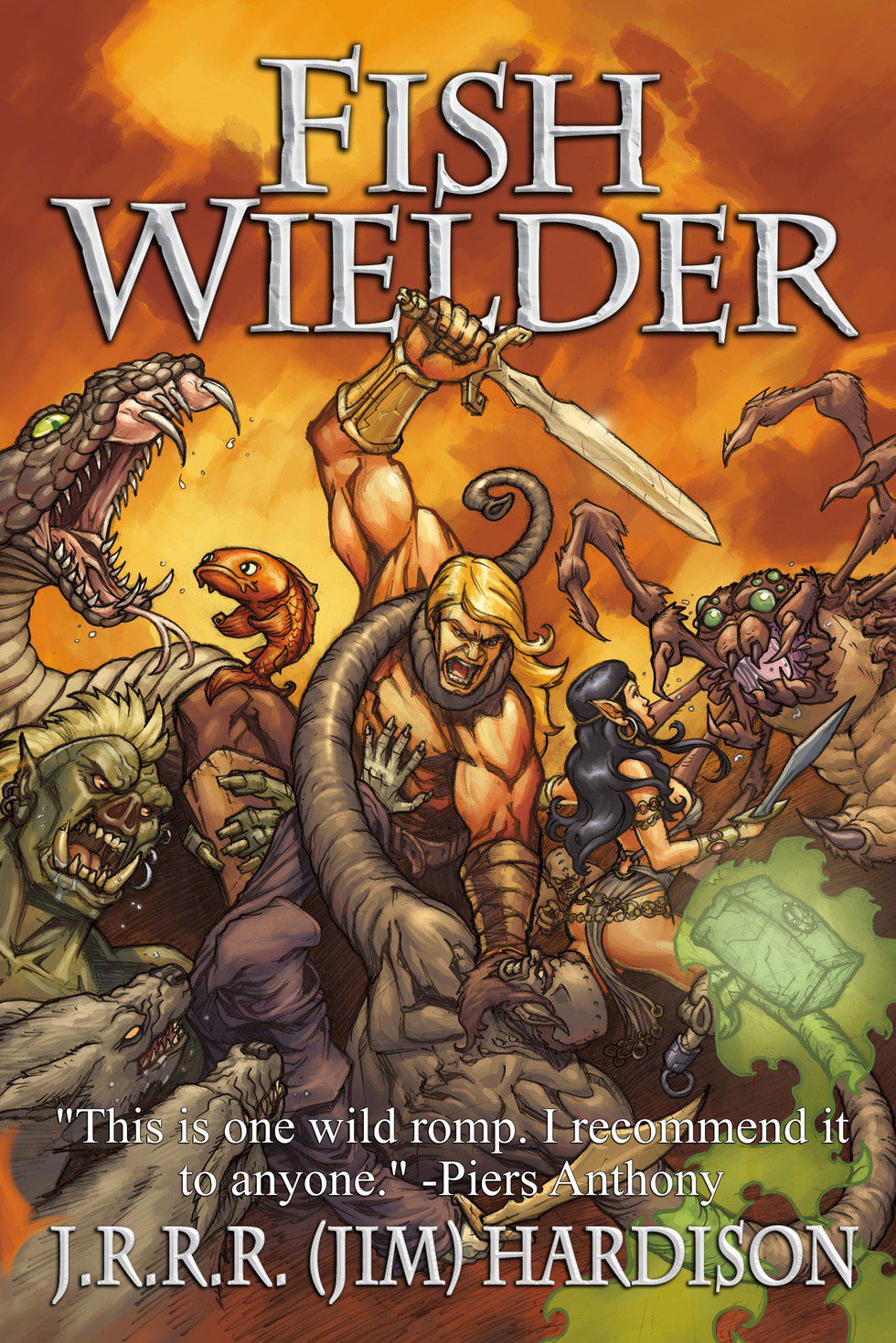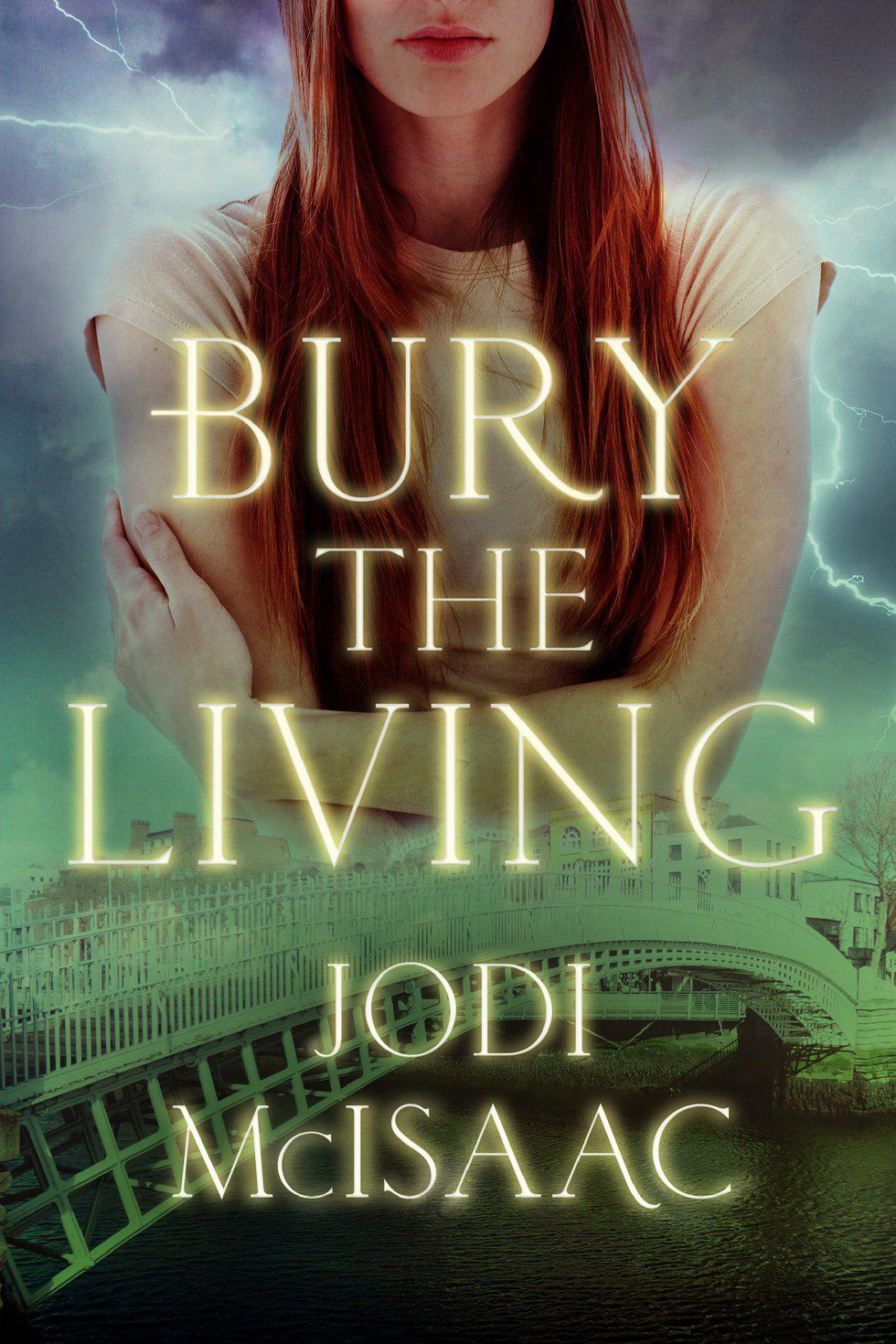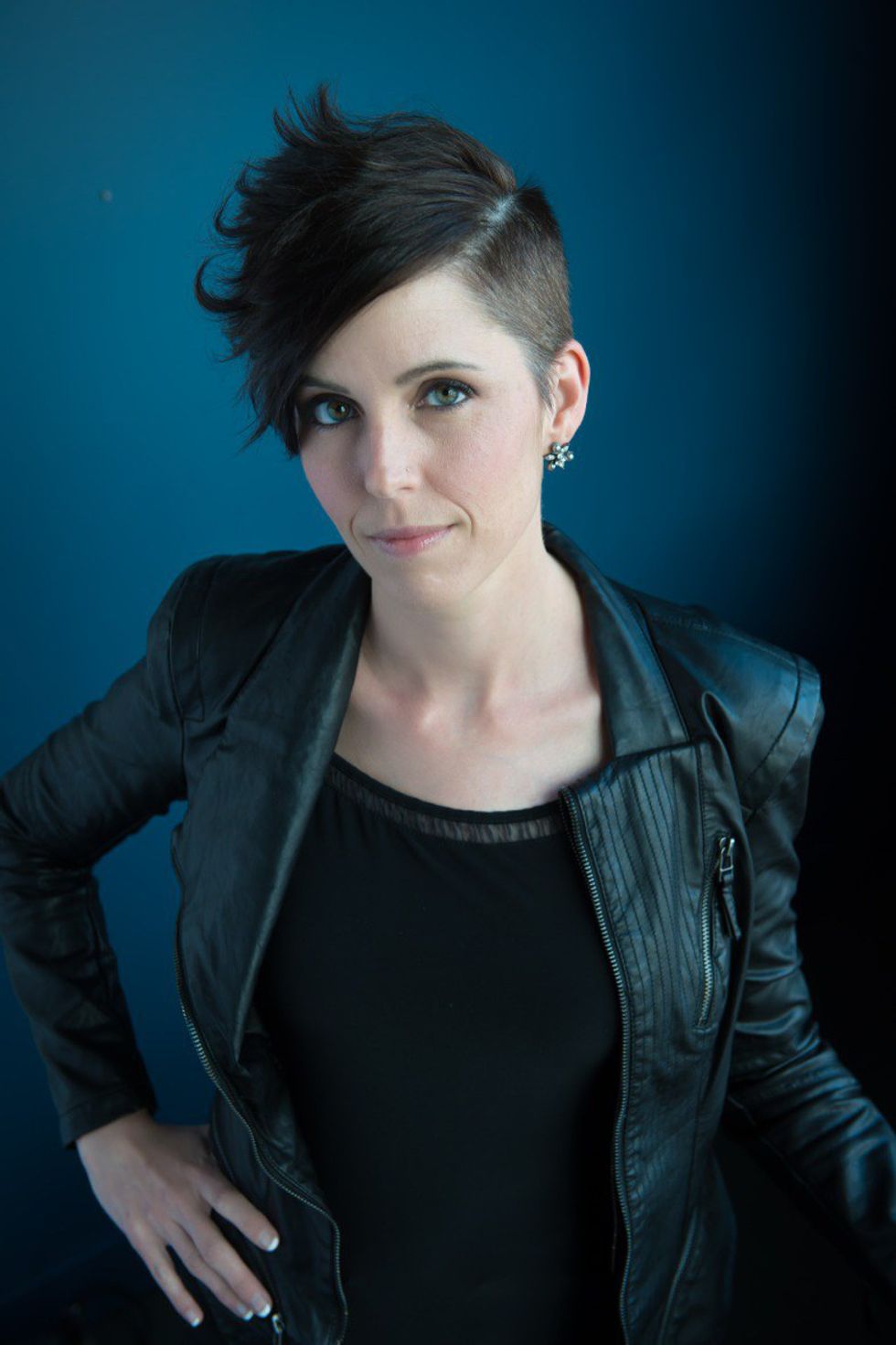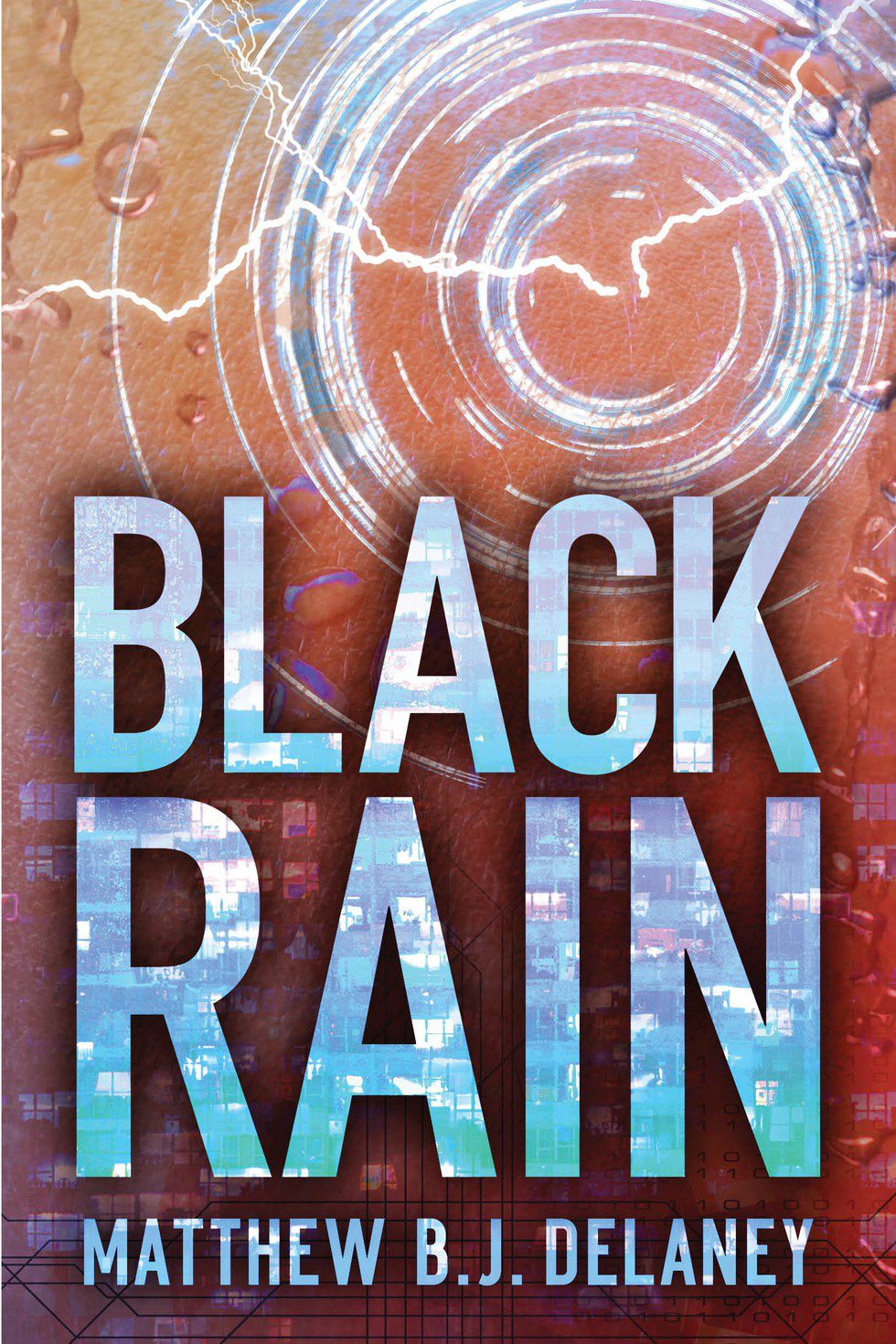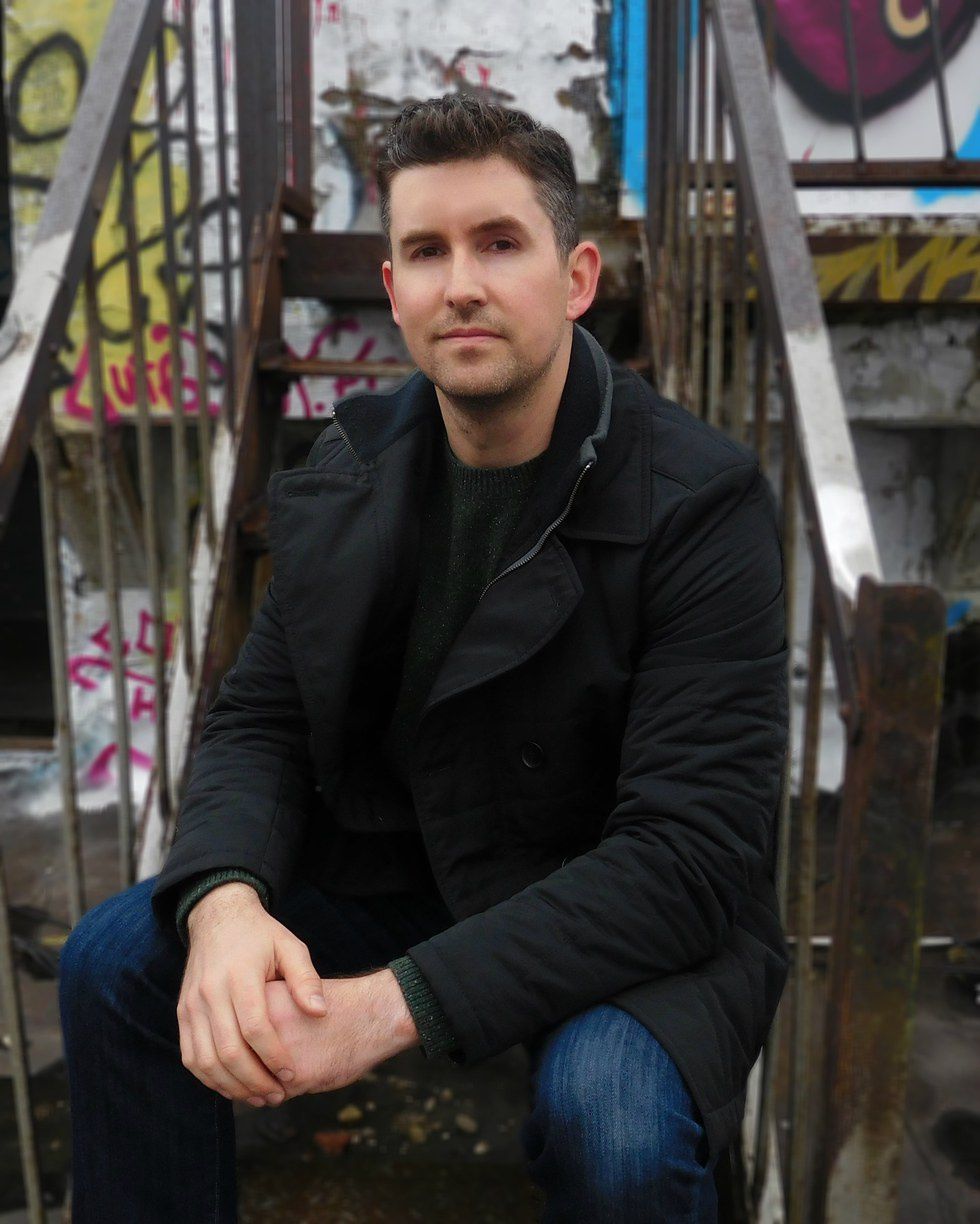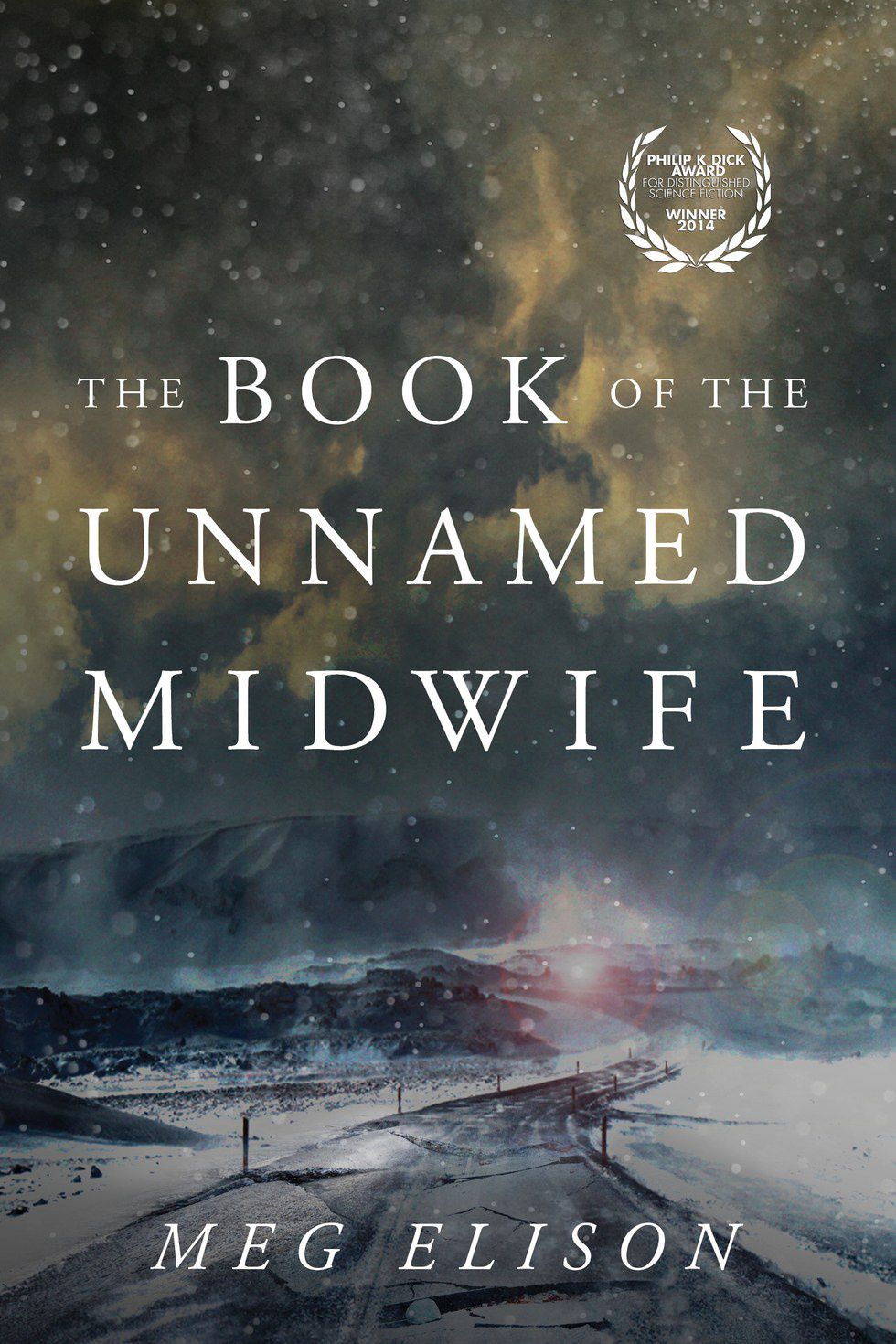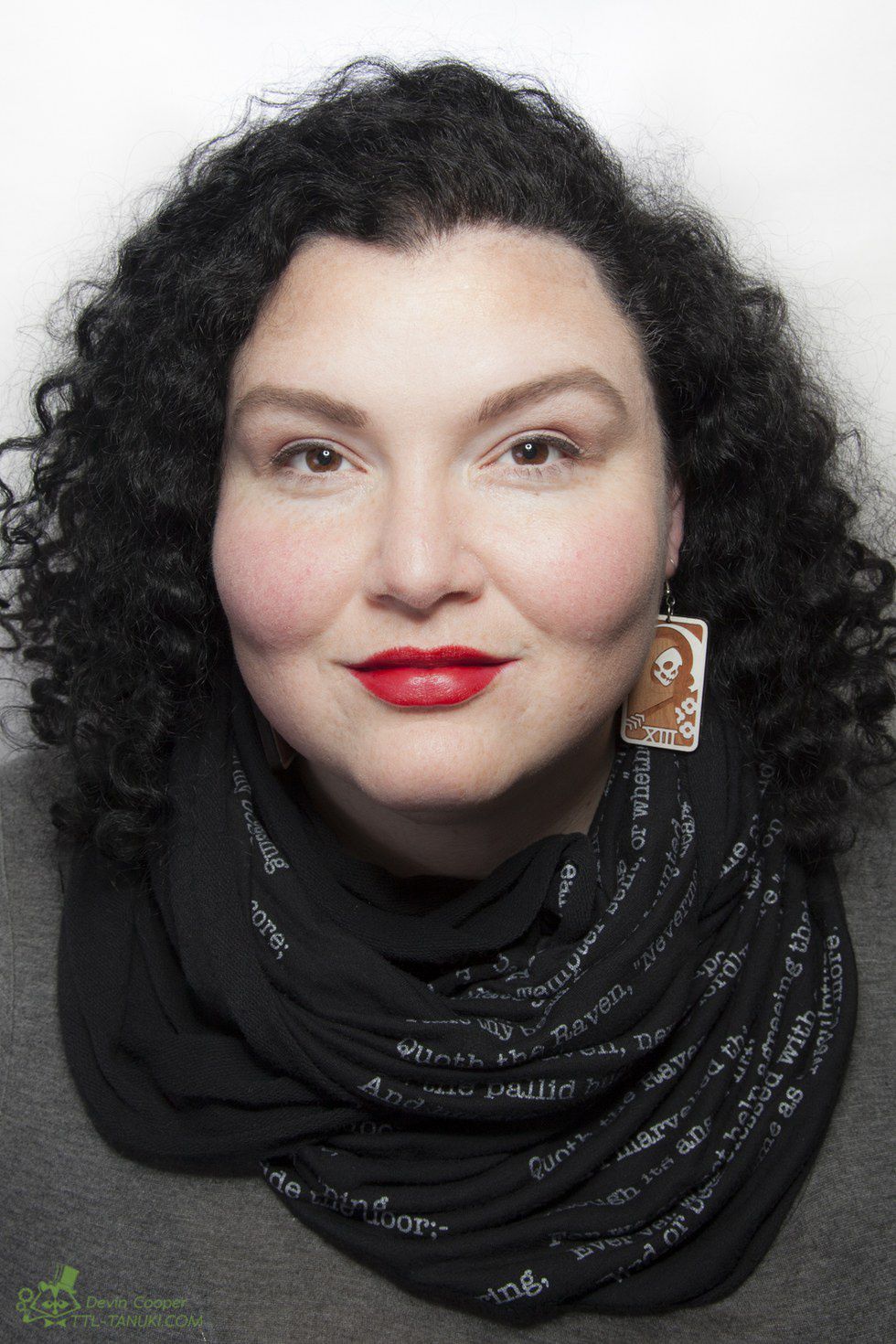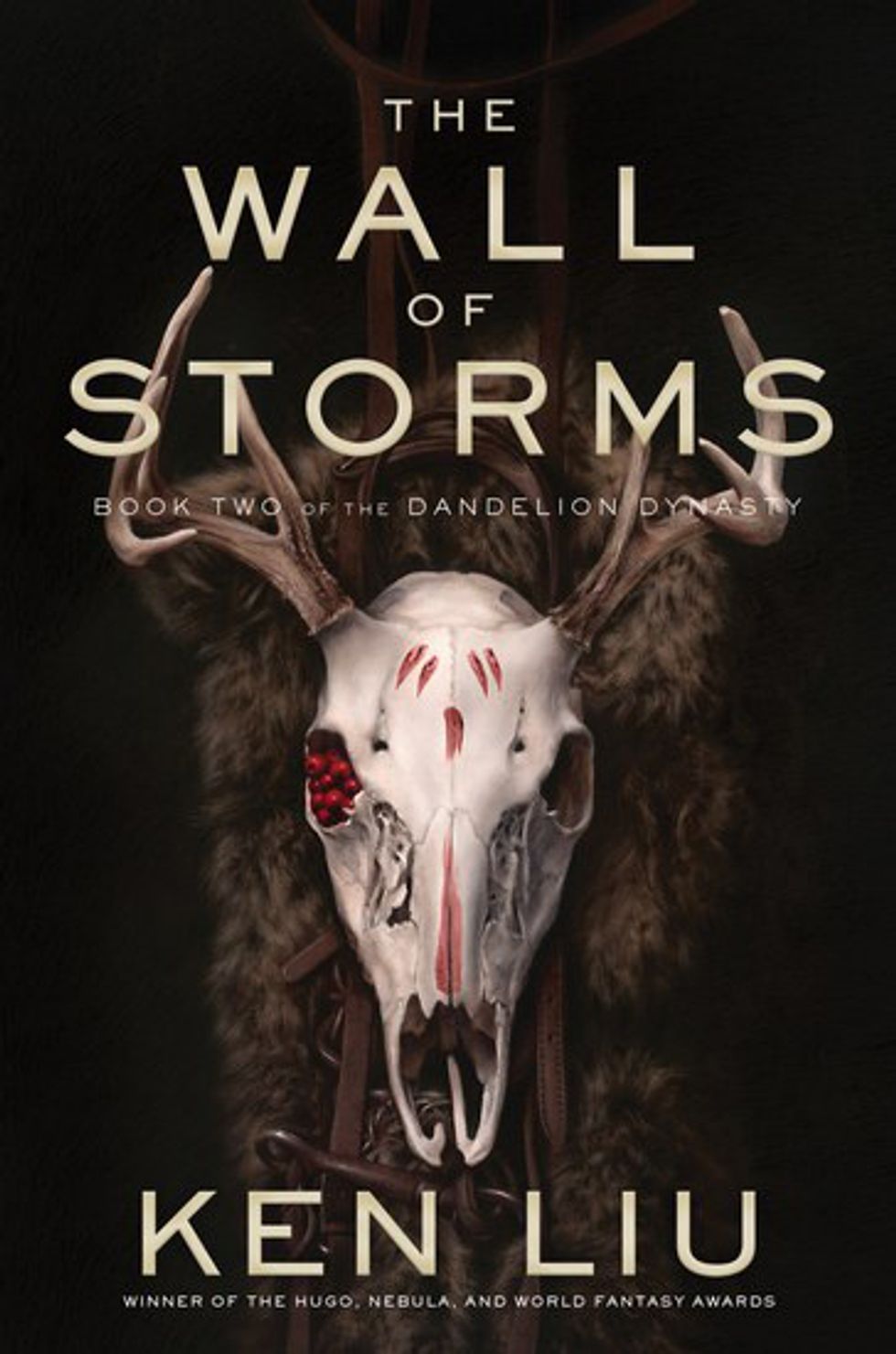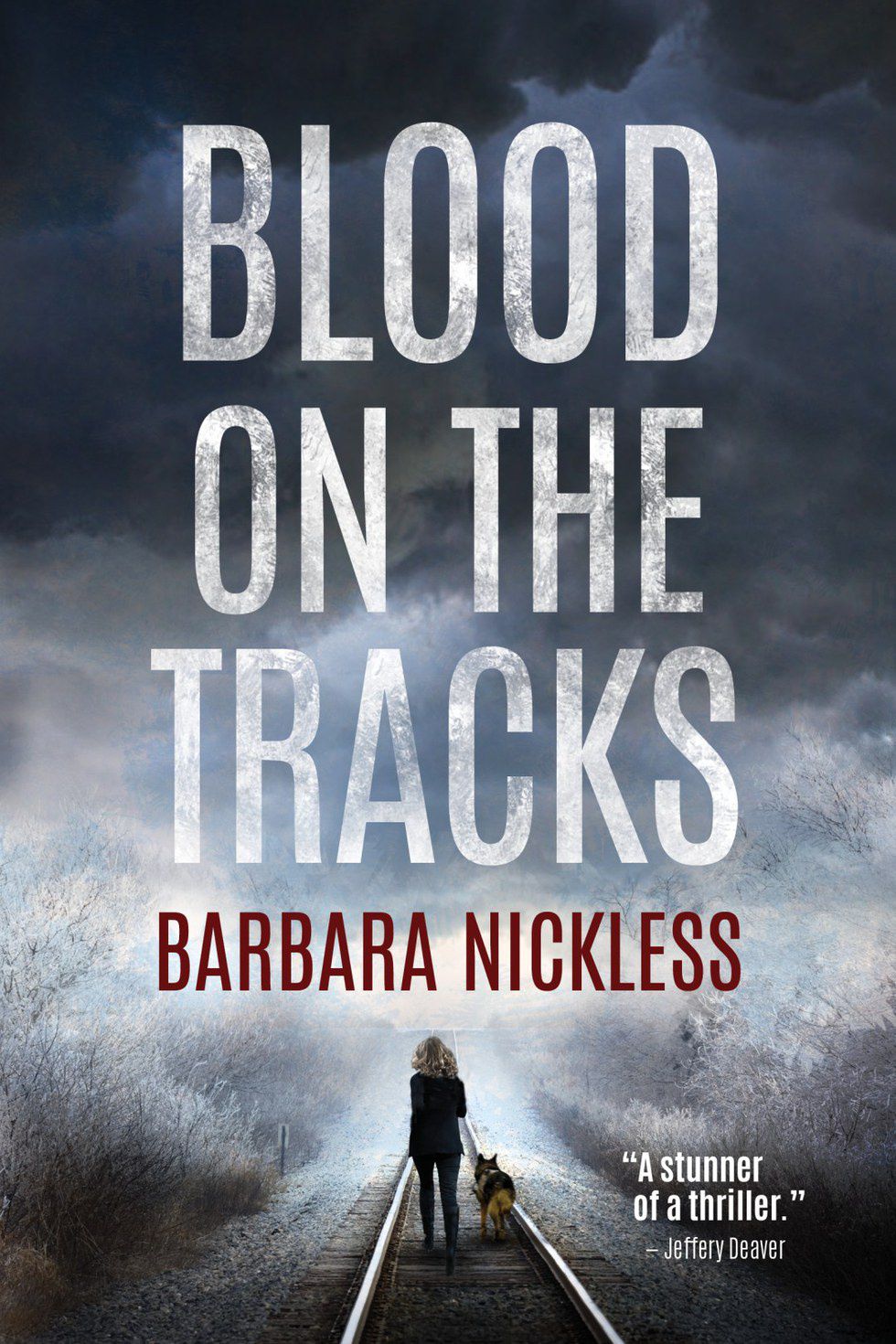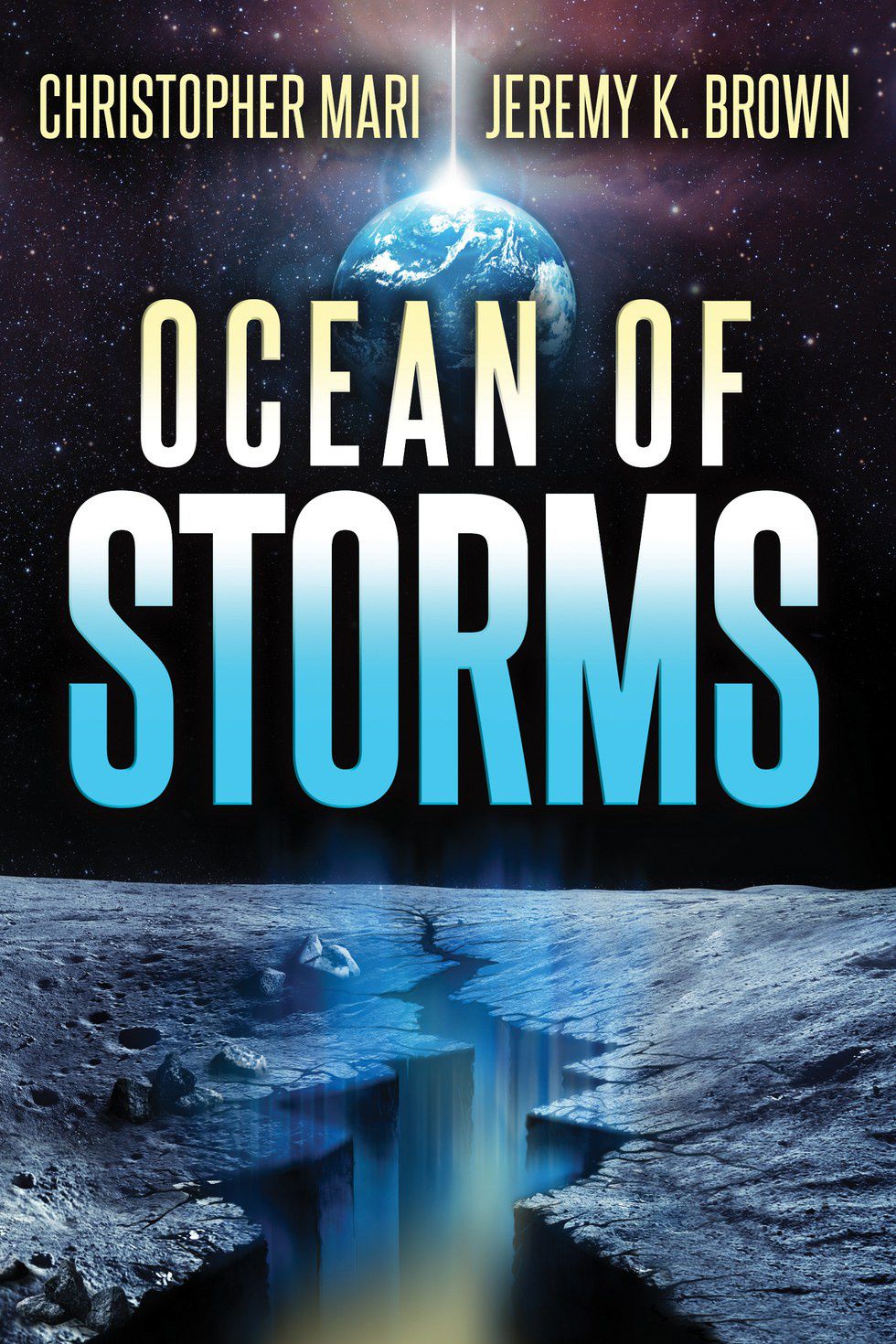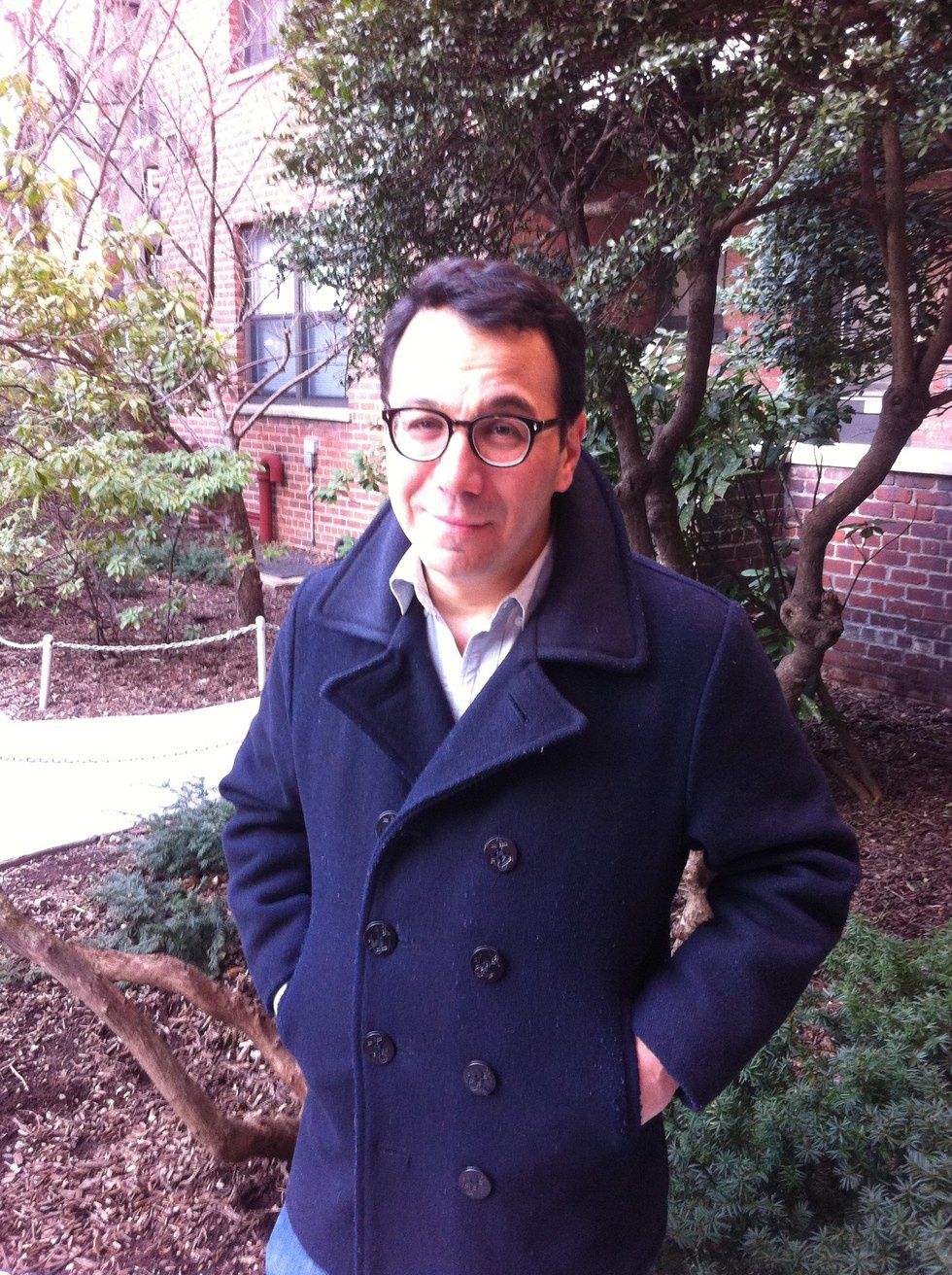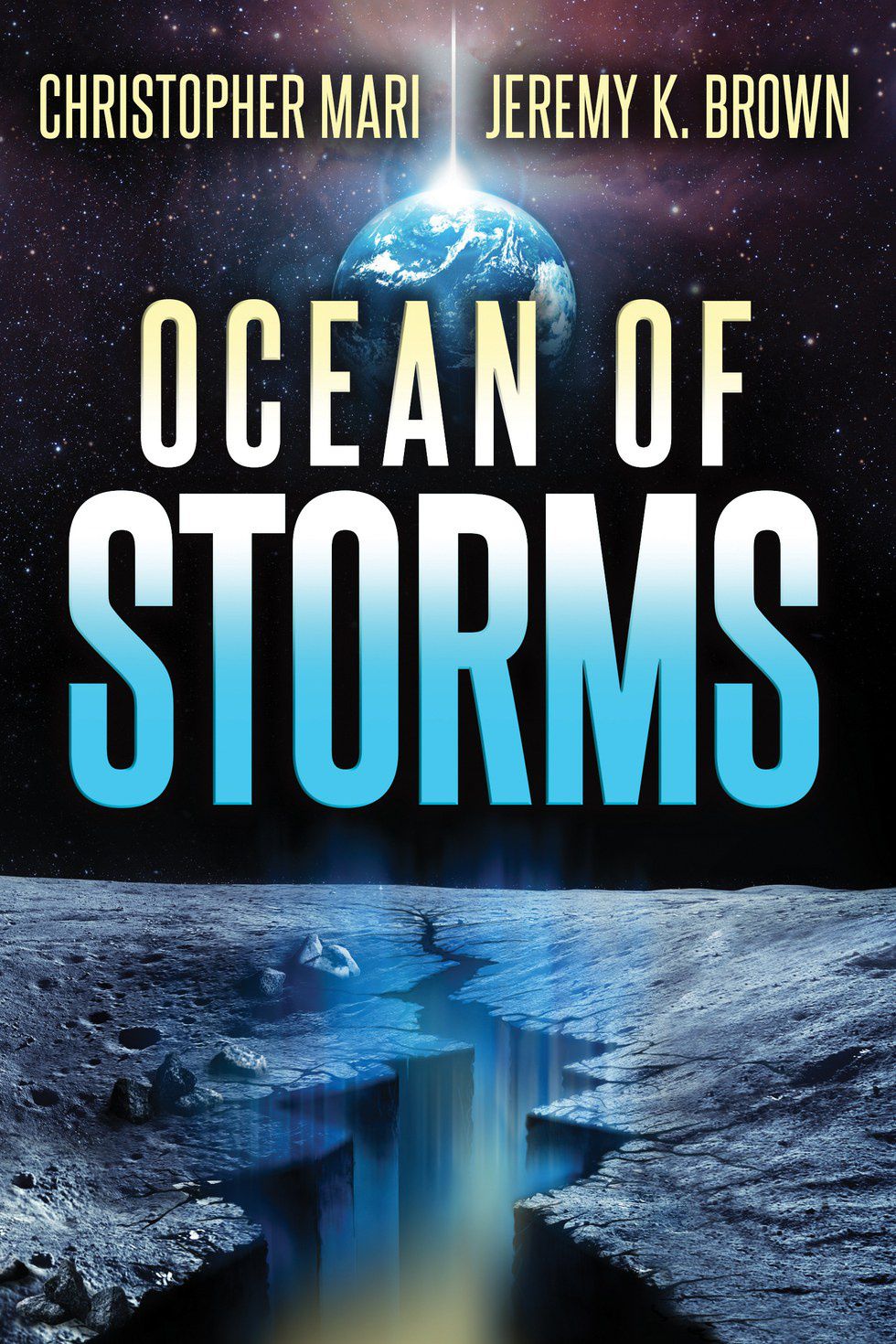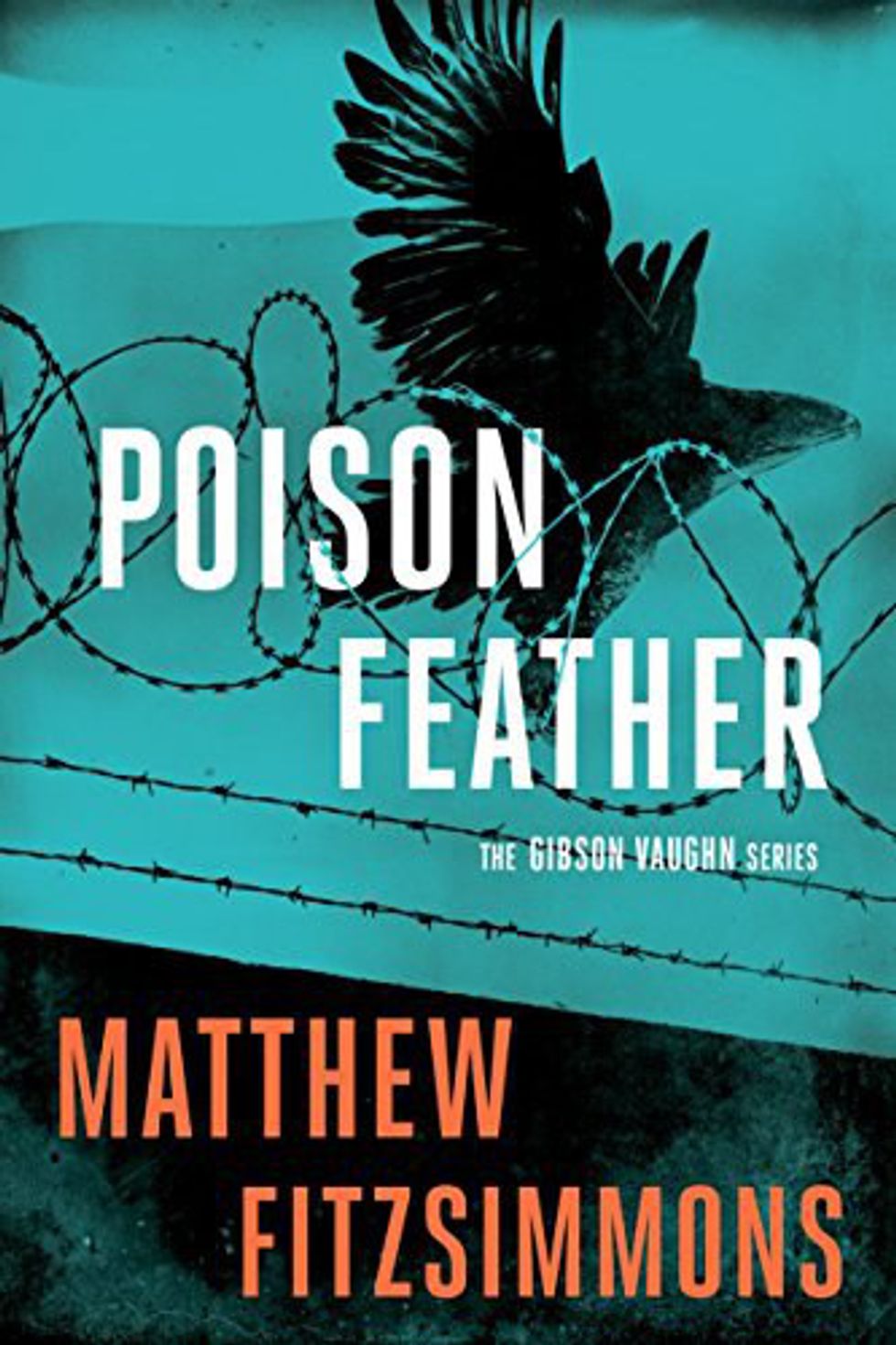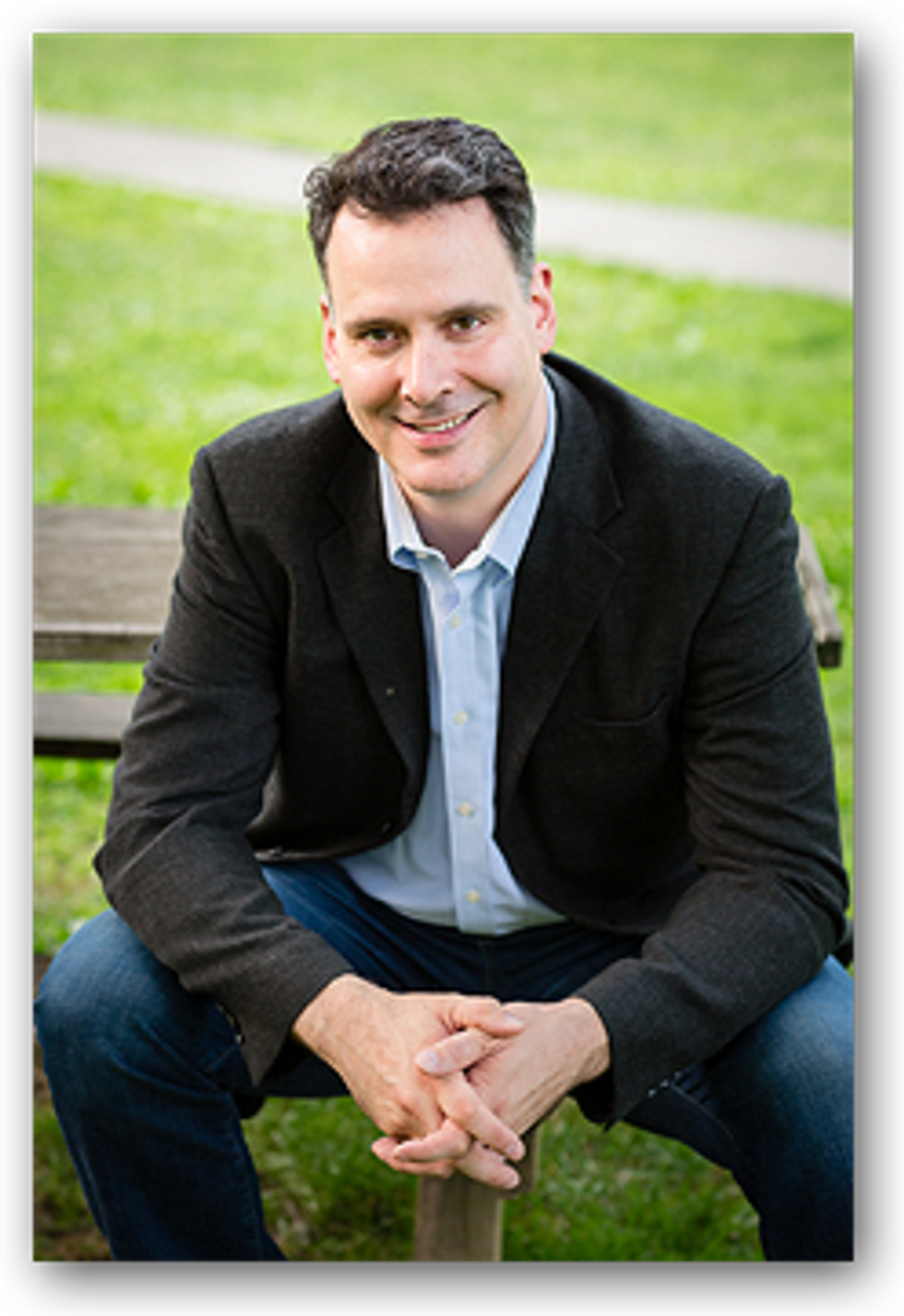So long October, hello November! It’s officially nearing the start of November, and if you’re a writer at heart, then you know what that means! Yeah, that’s right: it’s National Novel Writing Month (or NaNoWrMo for short!). For those of you who may not know, National Novel Writing Month is a fun, seat-of-your-pants approach to creative writing. On November 1, participants begin working towards the goal of writing a 50,000-word novel by 11:59 PM on November 30. As an aspiring young author still working her way through college, I’ve often times admired how writers and authors are able to sit down and diligently work their hardest for a whole month, writing their hearts out. I’ve always wanted to give it a try, but I tend to second-guess myself, and then my own thoughts hold me back.
How can I find the motivation to write that much in one month?
What if my well of inspiration runs dry and I cease to have ideas?
Will I feel super pressured to get 50,000+ words done by the end of the month?
And what if I look back when it's all over and realize I’m not proud of the work I did because I felt too rushed?
These thoughts continued to swirl around in my head like the snowflakes that’ll fall in the not too-distant future. But luckily, I work as a freelance publicist for a great PR firm called Wunderkind PR, which means I got to ask for this much-needed advice from the best people I could ever think of—the amazing authors we’re currently working with! Their words of wisdom immediately eased my worried mind, and here is what they have to say:
Authors advice on writing during National Novel Writing Month:
Amy S. Foster, author of her newest novel "THE RIFT UPRISING"
"This fantastic advice comes from my friend and brilliant writer herself Elaine Lui author of “Listen To The The Squawking Chicken.” People always say if you want to be a writer, just write and obviously that’s true. The thing is though, that the blank page can be terrifying. Just starting that first sentence, that first word, can be paralyzing. What if I get it wrong? What if I say something stupid? What if my idea is dumb? What if I can’t execute my very good idea on to a page? So the advice is this: You Can’t Fix Nothing. You can fix crap. You can work with drivel. You can edit mistakes. You can reset pace and you can strip it all back to the bone and rebuild it with brand new characters and dialogue. What you cannot do is fix nothing at all. You can’t rework something that wasn’t there in the first place. So, begin, write and don’t be worried about what you come up with. Sometimes, it takes seeing it in black and white to get the perspective you need. And then when it’s all right there for you to read, you can fix all the broken bits. Don’t be discouraged, there’s magic in the fixing. I promise."
If you want to know more about Amy, be sure to visit her website and grab a copy of "The Rift Uprising" here!
Peter James, author of his newest novel “LOVE YOU DEAD”
"This is very timely as I’ve just interviewed over 100 authors, including Lee Child, Jeffery Deaver, RL Stine, Tess Gerritsen, Steve Berry & Joseph Finder, asking each of them for a writing tip – and I’m starting to post them in the Authors Studio on www.peterjames.com/youtube.
My own No. 1 tip for any aspiring novelists is to read, re-read and re-read the books that you love – and perhaps would love to have written. Then literally deconstruct them. Take them apart, and try to figure out what it was that so captivated you. How is the book structured, what made me care so much for the characters, what kept me continually gripped? Don’t be afraid to do this. Writing is a craft and with all crafts, deconstructing to see how something works is a major part of the learning.
This is how I began, deconstructing novels that influenced me, such as Conan Doyle’s Hound Of The Baskervilles, Graham Greene’s Brighton Rock, Stephen King’s The Shining, Ed Mcbain’s The Con Man, and I still do it today when I finish a novel that has really blown me away and which I feel I can learn from – Thomas Harris’s The Silence Of The Lambs was a more recent one that I learned hugely from."
To learn more about Peter James, visit him here or on his YouTube channel! Also, don't forget to check out "Love You Dead"!
Mark Edwards, author of his newest novel "THE DEVIL'S WORK"
"The best writers take risks, and the most memorable books – those that readers will want to press on their friends – are those that contain at least one or two scenes that make jaws drop. If you come up with an idea that seems too incredible, too risky, write it anyway. My book The Magpies contains a scene in which a load of spiders invade an apartment. I almost deleted it because it seemed too crazy but it’s the one scene that readers mention to me more than any other. They remember it. The worst thing a writer can do is play it safe. The world is full of bland, vanilla books. Don’t be bland. Don’t be boring. It’s okay to be a little bit crazy."
For more info about Mark, you can visit him here! And remember to snag your own copy of "The Devil's Work" as well!
J.R.R.R (Jim) Hardison, author of his newest novel "FISH WIELDER"
"Magical and Technical tips for writing During National Novel Writing Month:
Magic:
1. Don't think you can't write just because you can't write. No one is born knowing how to write. You learn how by trying and you get better at it by doing it. Do it.
2. Don't be discouraged just because you are discouraged. Everybody feels discouraged at some point when they're writing or trying to get published. You just have to keep going despite feeling like you can't. Keep going.
3. Don't give up just because you gave up. Start again. You can always start again until you're dead. And even then...who really knows? Don’t give up.
4. Remember, the words you write are magic spells. They let you transfer your thoughts directly into other people’s heads. They create life. They summon worlds from nothing. They make people feel emotions that are as real and powerful as any others. Remember this when writing is hard. You are making magic.
Tech:
1. Conflict is the engine that makes a story go—so if you get stuck, hit the gas on the conflict.
2. There are three basic sources of conflict—the character versus other characters, the character versus the environment and the character versus itself. Of the three, the character versus itself is the most emotionally compelling.
3. Ideally, the external character versus character and character versus environment conflicts should be there to drive, amplify and make visible the internal conflict.
4. It’s by coming to grips with her internal struggle that your character learns something about herself that suggests what your story means.
5. A good story is a series of events that conveys a meaning. If it’s just a series of events, it may be an entertaining account, but it won’t feel valuable or relevant to your readers—so always keep the meaning of your story in mind."
To learn more about J.R.R.R (Jim) Hardison, be sure to visit his website and check out "Fish Wielder"!
Jodi McIsaac, author of her newest novel "BURY THE LIVING"
"Don’t stop writing. You land an agent and a publishing deal? Awesome. Write the next thing. You get your 63rd rejection letter? That sucks. Write some more. Your cat runs away? Write about it. Your partner proposes? Write about it. Life is full of big changes—new partners, career moves, illness, you name it. If writing is truly your dream, don’t let these things stop you. Don’t be that person on his or her deathbed thinking, 'I really wish I had finished that novel.' Do it now, no matter how busy or crazy your life seems. Because believe me, life doesn’t get less crazy. There will never be a better time to write than now. No matter what life throws at you, don’t let it stop you from fulfilling your dream. Keep writing."
Want to find out more about Jodi? Check her out on her website, and get a copy of "Bury the Living" here!
Matthew B.J. Delaney, author of his newest novel "BLACK RAIN"
"Write what you like. What television shows do you watch? Shows you hate? Of course not. You watch shows you love. Shows that get your juices flowing. Here’s a math question: if each episode of Game of Thrones lasts an hour, and Matt has watched all 60 episodes, how many days of his life has Matt spent watching Game of Thrones? Don’t answer that. The point is, either I enjoy Game of Thrones and will spend time doing something I enjoy, or I’m a complete lunatic.
Works the same way with writing.
So write on something you enjoy, the process will be much easier and you’ll do a better job. Now, you might think, well epic fantasy thrillers are huge right now, but I’m really interested in stories about tax accounting software. Who cares! Write about it anyway. Don’t write about what you think will be popular, you’ll get bored and you’ll write a bunch of lies. You’ll be fake writing. And fake writing never pops off the page. Fake writing never moved people to tears, or laughter. Fake writing is just words; real writing is about connecting with your audience. Hopefully it’s an audience of millions, but even if you reach just one person, congratulations, you’re a success."
Click here to learn more about Matthew, and be sure to grab your own copy of "Black Rain"!
Meg Elison, author of her newest novel "THE BOOK OF THE UNNAMED MIDWIFE"
"There are two things you need to know. The first is that there's no such thing as writer's block. It's a symptom; not a disease. You get blocked because you're stuck in life: a job, a relationship, a thing you need to say and cannot safely say. Figure out the life thing and the work will follow. Second is that you must read books you hate. Read people you disagree with, read people who can't write but get published anyway. Learn them in the way you would learn an enemy, find where they're weak. Take them apart. Knowing what's not your voice helps you find your voice. Knowing what not to do is more valuable than any advice a published writer can give you."
Want to know more about Meg? Be sure to visit her website and purchase your very own copy of "The Book of the Unnamed Midwife" here!
Ken Liu, author of his newest novel "THE WALL OF STORMS"
"My advice to NaNoWriMo participants can be summarized as two words: have fun. The point of the exercise isn’t to end up with immortal prose; it’s to finish a story in novel format. Forget about all the “shoudn’t”s and “should”s you’ve read about — be like Kuni Garu, the trickster-emperor from The Grace of Kings (which began as a NaNoWriMo project), and do “the most interesting thing” whenever you have a choice. Introduce new characters, engineer improbable coincidences, put in a song if that will get the words to flow. There’s a lot of joy and satisfaction in finishing the task, to be sure, but it’s just as important to have fun during the process, to cheer each other on and feel yourself part of the scribbling tribe."
To learn more about Ken, be sure to visit him at his site, and don't forget to get a copy of "The Wall of Storms"!
Barbara Nickless, author of her newest novel "BLOOD ON THE TRACKS"
"Step Away From Your Desk. The first time I committed to NaNoWriMo, I was horrified. Not only did I think writing 1,667 words every day was beyond me, I also had a raging case of the ‘distracties’—the constant, clamoring voices of email, phone calls, the family, the day job.
I needed a way to improve focus. And to break the work into manageable chunks. That’s when I discovered the Pomodoro Technique.
You can find lots of information online, but it boils down to this: Set a timer for 25 minutes (that’s one Pomodoro), then take a 5-minute break to stand up, stretch, look out the window. After four Pomodoros, take a longer break, 15-30 minutes. Go for a walk, toss in laundry, call a friend—anything that doesn’t challenge your brain.
That’s it? Pretty much. The system uses what neuroscientists have learned about how our brains work. Since you’re only writing words during those 25 minutes, you won’t be tempted to pick up the phone or respond to an email. This improves your focus, which means higher productivity. The short breaks reset your brain, allowing you to return to your writing with renewed energy.
Try “Pomodoro-ing” your way through NaNoWriMo!"
For more information about Barbara, visit her website and grab your copy of "Blood on the Tracks" here!
Christopher Mari, co-author of his newest novel "OCEAN OF STORMS"
"Tips on writing during NaNoWrMo:
1) Read. Constantly. Don’t waste time on social media. Don’t veg out in front of the TV. Read every chance you get. The best writers are constant readers.
2) Write every single day. It doesn’t have to be all day. I’ve set aside at least an hour a day seven days a week since I was a kid.
3) Listen to your inner BS Artist. That guy knows when you’re lying, both to yourself and to your potential readers. An untrue sentence sticks out like a weed in a field of grass.
4) Have trusted first readers. These people will help you constructively criticize your work when your inner Ego is sitting on your BS Artist’s head.
5) Have patience. It took me years to find the perfect literary agent and it still took her time to sell my books to the perfect publisher.
6) Never give up. Even under an avalanche of rejection slips. Why should you stop doing what you love?"
Want to know more about Christopher? Check him out here and grab your copy of "Ocean of Storms" as well!
Jeremy K. Brown, co-author of his newest novel "OCEAN OF STORMS"
"When writing, I live by one rule: First draft=worst draft. Many writers believe they have to nail it the first time and, if they don’t, they’ve somehow failed themselves, their loved ones, the writing gods, whomever. None of this is true. You won’t get it right the first time, so don’t bother trying. Just write your story and keep writing until it’s done. If it’s lousy, who cares? At least you have something to work with. You can’t revise a blank page, after all. And when you reread what you wrote, you’ll be surprised how much more of it works than doesn’t. For me, writing a first draft is like planning an awesome road trip. I know my starting point, my ending point and a bunch of spots I want to hit along the way. The rest will unfold with the journey."
For more info about Jeremy, click here! Also, don't forget to check out "Ocean of Storms" as well!
Matthew FitzSimmons, author of his newest novel "POISONFEATHER"
"Read Narrowly. Cinephiles re-watch films until they know them backward and forward. The average music fan is a walking iPod of melodies and song lyrics. Art lovers return to galleries time and again to contemplate a favored painting. Most novels, on the other hand, are read only once. Read and shelved away until, if the book is lucky, it gets loaned to a curious friend who never returns it. Such is the life of a book.
Ironically, writers are even less likely to reread books because they’ve been expressly told not to. Read widely, we are advised – soak up a range of styles, techniques, perspectives, and genres. Don’t get me wrong, it’s excellent advice when you consider how many brilliant authors there are who deserve to be read. The difficulty is that it is also terrible advice if taken at face value.
I taught English literature at a small high school in Washington DC for over a decade. While teaching my students, I was also learning. Every pass through a familiar text yielded fresh insights. Gradually, these great authors opened up to me in a way that wasn’t possible from a single read.
I know that reading a book fifty times isn’t practical…Reading widely is good advice, and I encourage it. But perhaps, in addition to reading widely, if you come across an author whose work you love, read it again and again until you know it inside and out. Sometimes it pays to read narrowly."
To learn more about Matthew, be sure to visit him here! And don't forget to check out his latest novel "Poisonfeather"!
I would like to thank these wonderful authors for answering my big question on how an aspiring young writer like me can keep on top of my writing during NaNoWrMo. This is one of the coolest articles I've ever written in my college and work career thus far, and I'm so lucky I have such positive people to inspire me! And for all of you writers out there who are struggling to write during National Novel Writing Month, I hope you find their advice just as helpful as I do!
With love, by Ari.

